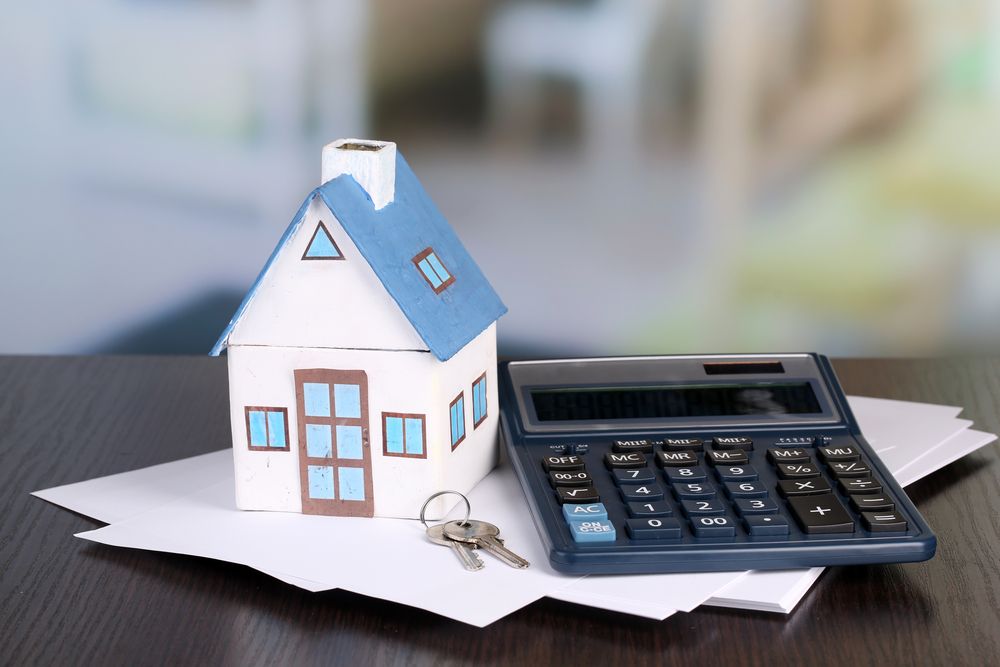
Welcome to a comprehensive exploration of how personal debt influences your chances of securing a roof over your head. Whether you’re a first-time homebuyer, a renter, or someone looking to invest in real estate, understanding the nexus between debt and housing is crucial. In a world where financial stability is key to unlocking doors—quite literally, in this case—it’s important to recognize the hurdles and opportunities that personal debt presents. So, let’s dive deep into this topic to arm ourselves with knowledge and navigate the choppy waters of real estate with confidence.
Understanding Personal Debt: A Primer
When we talk about personal debt, we’re referring to the money owed by individuals as opposed to businesses or governments. This can include credit card debt, student loans, car loans, medical bills, and other personal loans. Debt is a double-edged sword; it can help you achieve your dreams, like getting a degree or owning a car, but it can also be a chain around your financial ankle, dragging you down if not managed properly.
In the context of housing, debt plays a significant role in determining what opportunities are available to you. Lenders view your debt-to-income ratio as a key indicator of your ability to repay a mortgage. A high level of debt relative to your income can make securing a mortgage more challenging and expensive, as lenders may see you as a higher-risk borrower. Consequently, this can limit your housing options to less desirable properties or neighborhoods, or even relegate you to perpetual renting.
The Credit Score Connection
Your credit score is a numerical expression based on an analysis of your credit files, representing your creditworthiness. It’s influenced by a variety of factors, including your payment history, the amount of debt you carry, and the length of your credit history. When it comes to housing opportunities, your credit score is paramount. A higher credit score can help you secure a mortgage with better interest rates and terms, which translates into lower monthly payments and a more affordable home.
However, personal debt can severely impact your credit score, especially if you’re struggling to make payments on time. Maxed-out credit cards, late payments, and accounts in collections can all paint an unfavorable picture of your financial health. This, in turn, can make it harder to qualify for housing loans or rent certain properties, as landlords and lenders alike often rely on credit scores to assess potential tenants and borrowers.
Debt’s Influence on Mortgage Approval
Securing a mortgage is often the first step on the path to homeownership. Your debt levels, particularly your debt-to-income ratio, play a crucial role in whether or not you’ll be approved for a loan. Mortgage lenders typically prefer a debt-to-income ratio of 43% or lower, meaning your monthly debt payments should not exceed 43% of your gross monthly income.
When you carry significant personal debt, it can push your debt-to-income ratio beyond the acceptable threshold, leading to either higher interest rates or outright rejection. Therefore, paying down debt before applying for a mortgage can improve your chances of approval and help you secure more favorable loan terms.
Renting with Debt: Challenges and Strategies
It’s not just homeowners who feel the impact of personal debt; renters are also affected. Landlords often require credit checks as part of the application process. A history of debt and poor credit can lead to application denials or the need for a co-signer. In some cases, you might be required to pay a larger security deposit or even pre-pay rent to alleviate the landlord’s concerns about your financial reliability.
One strategy for renters with debt is to be upfront about their financial situation and to provide evidence of income stability and a plan to manage debt. Additionally, seeking out landlords who don’t rely solely on credit scores or offering to set up automatic payments can improve your chances of securing a rental property.
Long-Term Impact of Debt on Housing Security
The long-term consequences of carrying personal debt can extend far beyond the immediate challenges of securing a mortgage or renting a property. High debt levels can affect your ability to save for a down payment or emergencies, leading to a precarious financial situation that can jeopardize your housing security. In the worst-case scenario, unmanageable debt can lead to foreclosure or eviction, creating a cycle of housing instability.
To ensure long-term housing security, it’s essential to create a plan to manage and reduce debt. This might involve budgeting, seeking debt counseling, or exploring debt consolidation options. Building an emergency fund can also provide a financial cushion that helps protect against the unexpected, ensuring that your housing situation remains stable despite the ups and downs of life.
Personal debt can have a profound impact on housing opportunities. It influences everything from your ability to secure a mortgage or rent a property to your long-term housing security. By understanding and managing your debt, you can improve your chances of finding and keeping a home that meets your needs. Remember, financial health is a journey, and every step towards reducing debt is a step closer to unlocking the door to your ideal housing situation.
